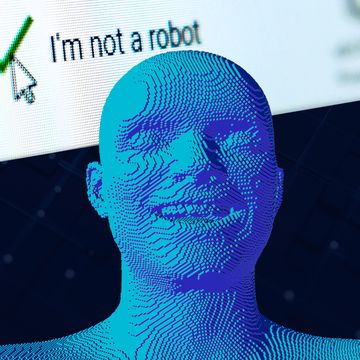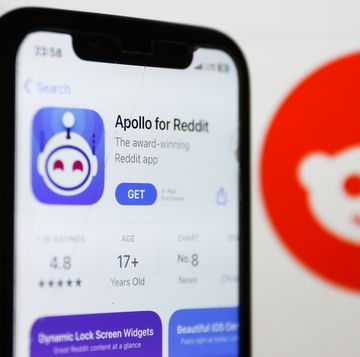- Researchers have used machine learning to tentatively confirm an old theory about Shakespeare and a collaborator named John Fletcher.
- Forensic textual analysis of Shakespeare is popular because of longtime questions and conspiracy theories about what he really wrote.
- The algorithm identified text differences and tics more granular than what human scholars have already noticed, expanding their evidence.
The MIT Technology Review reports that a scientist claims he knows for sure where Shakespeare ends and his long-suspected collaborator begins. Petr Plecháč used machine learning to train an algorithm on the works of William Shakespeare and another writer named John Fletcher. Literary scholars began speculating on the possibility of shared authorship in 1850, and Plecháč believes he has confirmed that scholar’s theory.
First, some quick and dirty background on the shared authorship theory. Scholars have always known that Shakespeare was replaced by Fletcher after Shakespeare’s death. The fact that a theatrical company easily swapped Fletcher in for Shakespeare suggested that the two men occupied a similar niche in terms of their writing style and audience appeal.
It’s common for just one or a handful of writers from a time and place to survive into today’s popular imagination. We read Shakespeare but not Fletcher the same way we read Charles Dickens and not other writers of serial novels from his era. Fletcher also spent much of his career working collaboratively, not just the suspected work with Shakespeare but with a handful of other colleagues.
In 1850, scholar James Spedding put forth his theory that Shakespeare had collaborated with Fletcher on Henry VIII in particular. Spedding cited examples of usage and phrasing that form a writerly “fingerprint” Spedding said showed that two people worked on the single text. Spedding spent much of his career studying Francis Bacon, a contemporary of Shakespeare’s who was also the subject of conspiracy theories.
In 1980, a scholar named Thomas Merriam published a statistical analysis of Henry VIII that introduced a granular text analysis along with confidence intervals about Merriam’s conclusions, which broadly supported those of Spedding 120 years before while suggesting some switches in Spedding’s original attributions.
The debate over Fletcher versus Shakespeare has lingered for nearly two centuries. Now, Plecháč has fed Shakespeare’s relevant solo-authored work and Fletcher’s work into an algorithm. With four of each writer’s contemporary works in the body of evidence, the algorithm was then fed Henry VIII and led through the play section by section. Like the scale in Willy Wonka and the Chocolate Factory, each passage was deemed “Shakespeare” or “Not Shakespeare.” Overall, he confirmed both Spedding and Merriam.
James Spedding’s gut feeling led him to identify textual evidence, and the algorithm can comb even more finely, putting together an entire profile of word choice, line length, and more. Without Spedding’s initial theory, an algorithm itself couldn’t come up with a grain of inspiration in the same way—instead the algorithm can directly compare the texts it’s given to confirm a theory it is also given.
Plecháč did rule out a second longtime suspected Shakespeare collaborator named Philip Massinger, but we don’t know about any number of open-ended possibilities that could exist. There are more theories not just about Shakespeare collaborators but about if Shakespeare even wrote his own works at all.
This limitation of Plecháč’s experiment fits within the scientific method, where we begin with a specific hypothesis and prediction and test against it within some threshold of confidence. But AI isn’t going to be writing its own Massinger, Fletcher, or Shakespeare anytime soon. With a body of evidence, it can point to one resemblance or another, but not form its own theories or develop new original material.
Source: MIT Technology Review

Caroline Delbert is a writer, avid reader, and contributing editor at Pop Mech. She's also an enthusiast of just about everything. Her favorite topics include nuclear energy, cosmology, math of everyday things, and the philosophy of it all.













